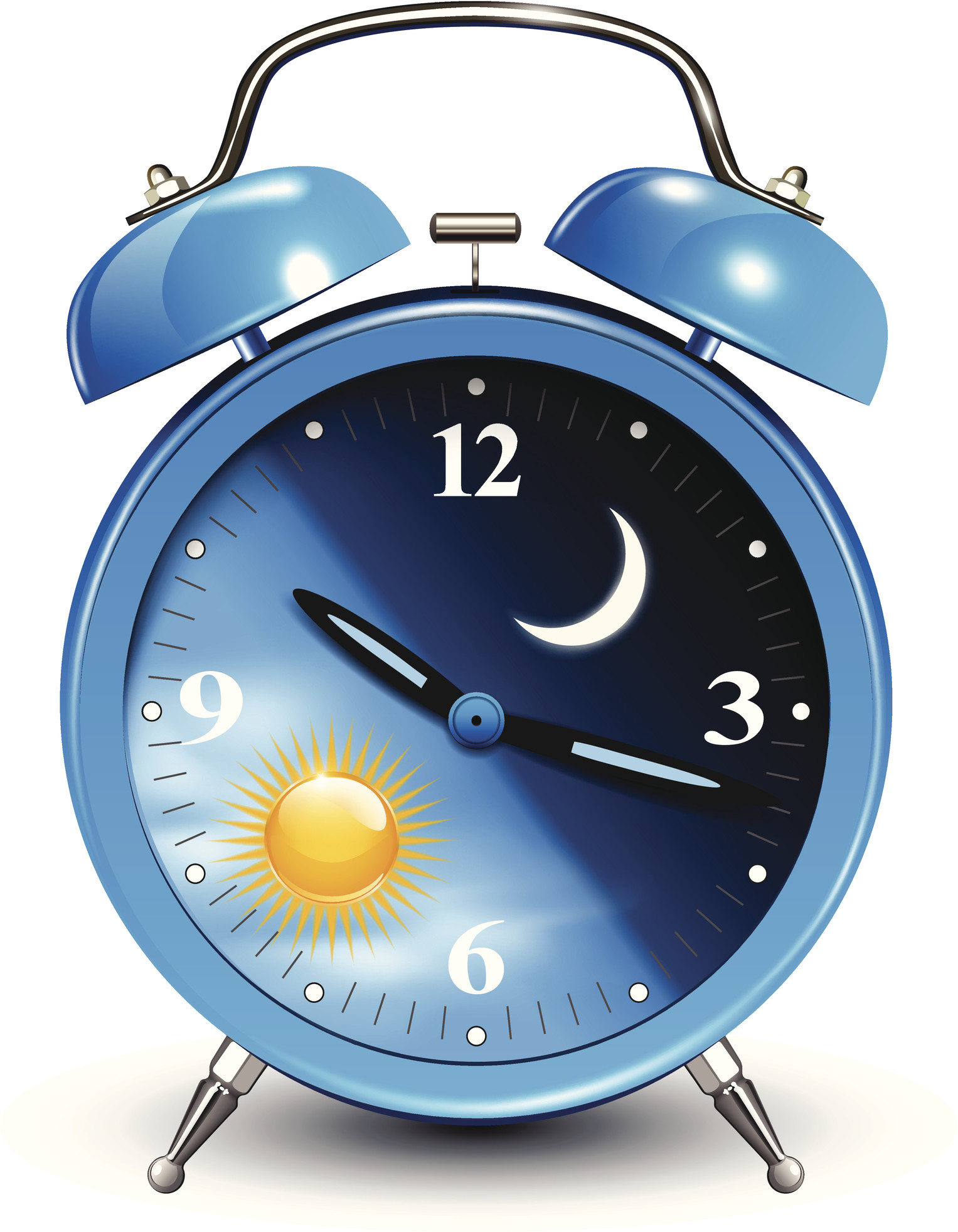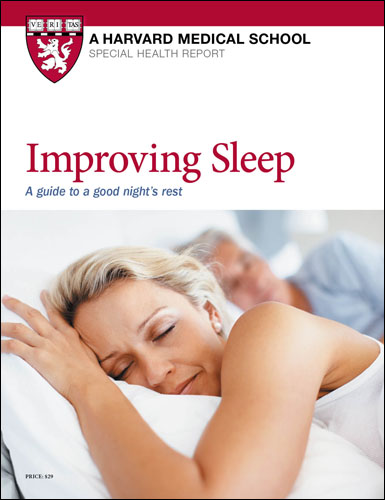Harvard Health Blog
Why your sleep and wake cycles affect your mood

It’s no accident that most people tend to sleep at night and are awake during the day. Our sleep-wake cycle is determined by our circadian rhythm, the body’s internal clock. Like old-time clocks, this internal clock needs to be reset every day, and is adjusted by first exposure to light in the morning.
How does circadian rhythm work?
Our circadian rhythms are controlled by multiple genes and are responsible for a variety of important functions, including daily fluctuations in wakefulness, body temperature, metabolism, digestion, and hunger. Circadian rhythm also controls memory consolidation (the formation of long-term memories occurs during sleep); the timing of hormone secretion (for example, the hormones controlling body growth work mostly at night); and body healing.
While the circadian sleep phase typically occurs at night, there are a range of times during which the sleep phase can occur, with some people programmed to sleep from early evening to early morning (known as morning larks), while others stay up late and sleep late (known as night owls). In addition to determining the timing of their sleep, a person’s circadian tendency can also affect their choice of emotional coping skills, such as assertiveness or rationalization, and their predisposition to psychological disorders.
How does your circadian rhythm impact your mood?
An irregular circadian rhythm can have a negative effect on a person’s ability to sleep and function properly, and can result in a number of health problems, including mood disorders such as depression, anxiety, bipolar disorder, and seasonal affective disorder.
A recent study suggested that the night-owl type might have a greater predisposition to psychological disturbances. The authors found that the different circadian types were likely to have different coping styles to emotional stressors, and the ones adopted by the morning larks seemed to result in better outcomes and fewer psychological problems. This was a correlational study, so the reason for adopting different styles wasn’t explained, but this study emphasizes the great impact circadian rhythms have on health and functioning.
Depression and circadian rhythm
Most of the evidence on the relationship between mood problems and circadian rhythm comes from studies of shift workers, whose sleep periods are out of sync with their circadian rhythm. Multiple studies show an increased prevalence of depression in night-shift workers. One meta-analysis showed that night-shift workers are 40% more likely to develop depression than daytime workers. Conversely, circadian rhythm disturbances are common in people with depression, who often have changes in the pattern of their sleep, their hormone rhythms, and body temperature rhythms.
Symptoms of depression may also have a circadian rhythm, as some people experience more severe symptoms in the morning. The severity of a person’s depression correlates with the degree of misalignment of the circadian and sleep cycles.
Many successful treatments of depression, including bright light therapy, wake therapy, and interpersonal and social rhythm therapy, also directly affect circadian rhythms. (For the impact of circadian rhythm on the occurrence and treatment of depression related to bipolar disorder, please see this blog post on light therapy for bipolar disorder.)
Anxiety and circadian rhythm
Misalignment of the circadian rhythm may also provoke anxiety. Shift work results in a sleep disorder when your nighttime work shifts affect your ability to fall asleep and stay asleep, causing you to have excessive sleepiness during the day that in turn results in distress and affects your ability to function normally. Nurses with shift work disorder have increased anxiety scores on questionnaires. In a study on jet lag, in which travel changes the time of the external environment so that it is no longer synchronized with the internal clock and disrupts sleep, travelers had elevated anxiety and depression scores.
Seasonal affective disorder and circadian rhythm
In seasonal affective disorder, people feel down and depressed in the winter months. Researchers believe this is due to changes in circadian rhythms as a result of seasonal changes in the length of daylight. People with seasonal affective disorder feel better using artificial morning light to realign their circadian rhythm with their sleep-wake cycle.
What can I do to alter my circadian type?
There is no way to change your circadian type since it is genetically determined, though there is some natural change that occurs during your lifespan. For example, our circadian sleep phase tends to shift later during adolescence (more owls) and advances earlier as we age (more like the lark).
If you find that your circadian sleep phase is out of sync with your desired schedule, you can either shift your social life to match your circadian rhythm, or try to shift your circadian rhythm to match your social life. It may be easier to try to shift your work and social life to your circadian rhythm: an example would be a person who has a delayed circadian rhythm and likes to sleep late and wake up late switching from a job with a 7 AM start time to a job which allows him or her to start working later — around 10 AM. The other option would be talking to a sleep physician and doing ongoing work to try to shift your circadian rhythm to match your work and social life to an earlier wakeup time.
In general, the best way to improve your mood is to get a good night’s sleep by matching your circadian rhythm to your sleep-wake cycle. Exposure to light in the morning helps synchronize the clock. Exposure to bright light at night, including bright artificial lights and screen time on laptops, tablets, and phones, can cause disruption in circadian rhythm and may contribute to worsening mood and negative consequences for health.
Tips to improve your sleep and mood
- Get a full night’s sleep. Most adults need at least seven to nine hours.
- Get up at the same time each day, seven days a week. A regular wake time in the morning leads to regular times of sleep onset, and helps align your circadian rhythm with your sleep-wake cycle.
- Avoid screen time and bright lights at least 60 to 90 minutes before bedtime. Try activities like reading a book in dim light, listening to audiobooks, guided meditation or mindfulness talks, and soothing music.
About the Authors

Lawrence Epstein, MD, Contributor

Syed Moin Hassan, MD, Contributor
Disclaimer:
As a service to our readers, Harvard Health Publishing provides access to our library of archived content. Please note the date of last review or update on all articles.
No content on this site, regardless of date, should ever be used as a substitute for direct medical advice from your doctor or other qualified clinician.
















